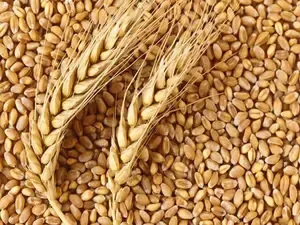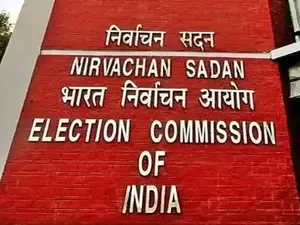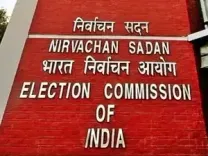Has the Cabinet Approved a Hike in MSP for Rabi Crops?

Synopsis
Key Takeaways
- MSP increased for rabi crops.
- Highest hike for safflower at Rs 600/quintal.
- Supports farmers’ income and crop diversification.
- Aligned with previous government commitments.
- Production estimates show positive trends.
New Delhi, Oct 1 (NationPress) The Cabinet Committee on Economic Affairs (CCEA), led by Prime Minister Narendra Modi, has officially sanctioned an increase in the minimum support prices (MSP) for all designated rabi crops for the 2026-27 marketing season. This decision aims to guarantee favorable prices for the farmers' produce.
The most significant hike in MSP has been recorded for Safflower, with an increase of Rs 600 per quintal, closely followed by Lentil (Masur) at Rs 300 per quintal. Additionally, there are increases of Rs 250 for rapeseed and mustard, Rs 225 for gram, Rs 170 for barley, and Rs 160 for wheat.
This rise in MSP aligns with the announcement made in the Union Budget 2018-19 to set the MSP at a minimum of 1.5 times the All-India weighted average cost of production.
The anticipated profit margin over the All-India weighted average cost of production is 109% for wheat, 93% for rapeseed and mustard, 89% for lentil, 59% for gram, 58% for barley, and 50% for safflower. This augmented MSP will provide farmers with favorable prices and encourage crop diversification.
The production costs for these crops encompass all expenses, including hired labor, machine usage, rent for leased land, and costs related to seeds, fertilizers, irrigation, and more, as detailed in an official statement.
The MSPs are announced well ahead of the sowing season, allowing farmers to plan their crops effectively to enhance their earnings.
In a related development, India has achieved an unprecedented production of rice, wheat, maize, groundnut, and soybean during 2024-25, according to estimates from the Ministry of Agriculture and Farmers’ Welfare.
The country's kharif foodgrain production is projected at 1663.91 lakh metric tonnes (LMT), while rabi foodgrain production is estimated at 1645.27 LMT.









